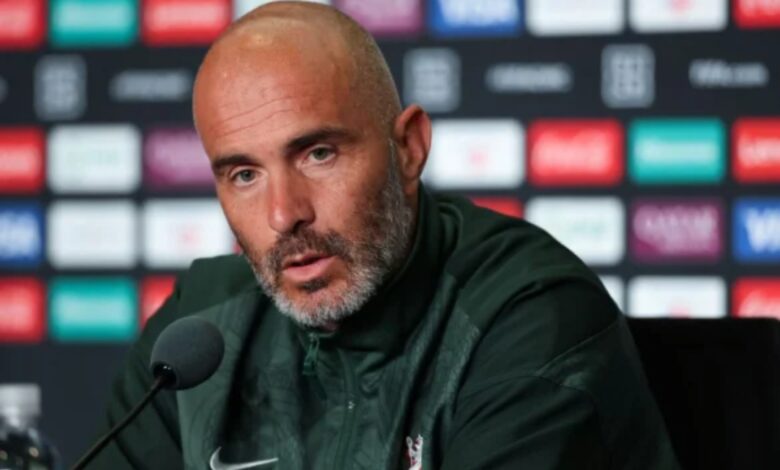UEFA have hit Chelsea with a staggering £31 million fine following financial breaches — and the consequences could be brutal

Chelsea Football Club is currently facing a major financial crisis following a substantial fine imposed by UEFA. The European football governing body announced on July 4, 2025, that the club must pay €31 million (approximately £26.7 million) for breaching Financial Fair Play (FFP) regulations. This penalty could rise by an additional €60 million (around £51.8 million) if the club fails to meet specific financial performance goals over the next four years.
The sanctions are primarily the result of Chelsea violating UEFA’s football earnings rule and exceeding the allowed squad cost ratio. According to UEFA, a club’s player and staff-related expenses must not surpass 80% of its revenue. Chelsea’s spending reportedly reached between 80% and 90% of their total revenue during 2024, placing them outside the acceptable limit.
One of the most significant consequences of these breaches is that Chelsea now faces restrictions on registering newly signed senior players for UEFA competitions, including the Champions League seasons of 2025/26 and 2026/27. To overcome this hurdle, the club must maintain a positive transfer balance—meaning it must generate more income from player sales than it spends on new signings.
Despite the growing financial turmoil, Chelsea’s head coach, Enzo Maresca, is urging his players to stay focused on football matters. In a pre-season team meeting, he emphasized that their primary responsibility is to deliver strong performances on the pitch. “Our job is to win games and prepare for the season. Focus on the pitch, and let the club handle the rest,” he reportedly told the squad.
These developments cast a shadow over Chelsea’s preparations for both their Premier League and Champions League campaigns for the 2025/26 season. Ironically, the situation arises just months after the club celebrated a major triumph in the FIFA Club World Cup.
Chelsea’s financial troubles have been linked to the extravagant spending habits of co-owners Todd Boehly and Behdad Eghbali, who have invested over £1.2 billion in player acquisitions since 2022. UEFA took issue with the club’s attempt to count the £235 million sale of their women’s team to their parent company, Blueco, as profit. This financial maneuver was rejected because it did not align with UEFA’s stricter accounting standards, even though it may have been permissible under the Premier League’s Profitability and Sustainability Rules (PSR). Likewise, the sale of two hotels to another affiliated company was not accepted under UEFA guidelines.
The sanctions now significantly impact Chelsea’s recruitment strategy. Despite already spending over £200 million this summer on players like Liam Delap (£30 million from Ipswich Town), Joao Pedro (£50 million from Brighton), and Jamie Gittens (£50 million from Borussia Dortmund), these new signings cannot be registered for Champions League action unless the club generates at least £60 million through player sales before the current transfer window closes.
Some players who could potentially be sold to help balance the books include goalkeeper Djordje Petrovic, who is reportedly being pursued by Sunderland in a £21.5 million deal, as well as other squad members such as Christopher Nkunku and Marc Guiu, who have both attracted attention from European clubs.
If Chelsea fails to sell enough players to meet UEFA’s financial requirements, they risk being unable to field these expensive new additions in European competitions—posing a serious threat to their ambitions.
Head coach Maresca has acknowledged the club is going through a sensitive and complex period. Cole Palmer, who has just been named team captain and described as the “talisman” of the squad, is expected to lead the Blues in their Premier League opener against Manchester City. Meanwhile, Chelsea’s attempts to sign Napoli striker Victor Osimhen have stalled, partly due to Napoli’s high asking price of £84.5 million and the striker’s reported wage demands of £211,000 per week—costs the club may no longer be able to accommodate given their financial predicament.
In an official statement, Chelsea expressed their full cooperation with UEFA’s investigation and stressed that the club’s financial outlook is improving. However, the threat of further sanctions—up to a total of £78.5 million—still hangs over them should they fall short of financial targets.
The news has caused alarm among fans and analysts alike, with many comparing the situation to the 2019 transfer ban Chelsea received under the ownership of Roman Abramovich. While Maresca remains hopeful and sees potential in the club’s young stars such as Estevao Willian and Geovany Quenda, the need to sell key players could disrupt the team’s chemistry and affect performance on the pitch.
As Chelsea heads into a crucial season, their ability to manage this financial storm while still competing at the highest levels in both domestic and European football will determine whether they can stay on course—or suffer another major setback.




